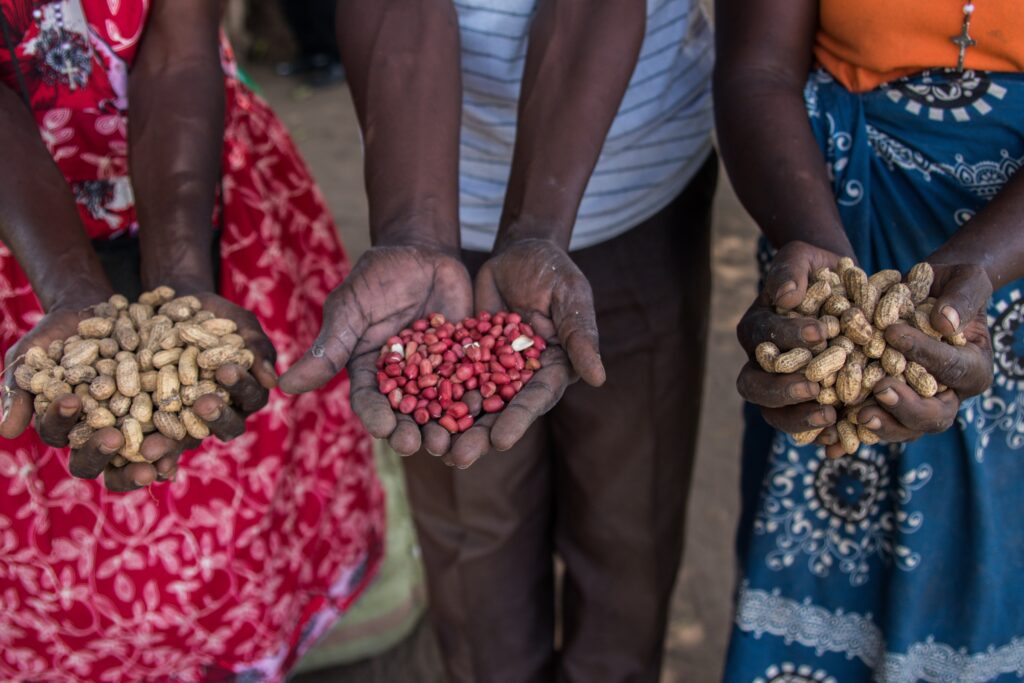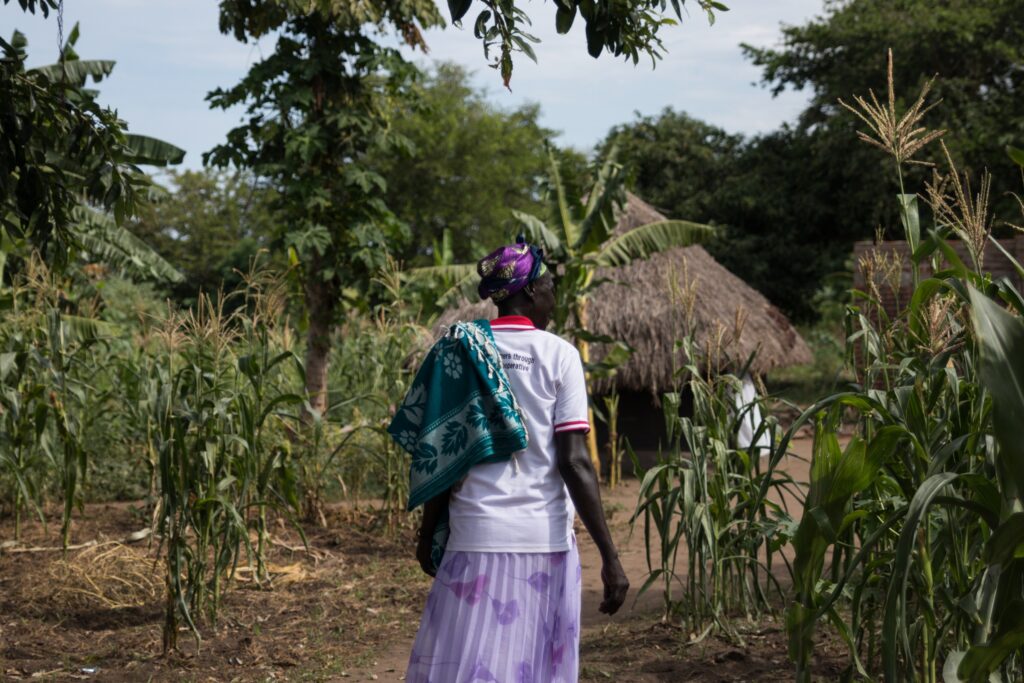More and more people are going hungry in Africa, the Caribbean and West Asia

According to the report The State of Food Security and Nutrition in the World, 735 million people were starving at the end of 2022. This is 122 million more than in 2019.
The report was released during the UN High-Level Event on the Sustainable Development Goals yesterday, and shows that hunger at the global level did not worsen between 2021 and 2022. But there are many places in the world where hunger is on the rise. There, people are struggling to recover income losses after the pandemic, to cope with increased food and energy prices, or have had their lives and livelihoods destroyed by conflict and extreme weather.
1 in 5 go hungry in Africa
The trend is moving in the right direction in Asia and Latin America, while the number of people suffering from hunger continues to rise in Africa, the Caribbean and West Asia. Despite the fact that Africa has enough farmland to feed almost an entire world, 1 in 5 people go hungry.
- Although there is a slight decrease from last year, hunger and food shortages are still a major challenge in the world. We see this every day through our work with food security in various countries. We are particularly concerned about the negative development in Africa, the Caribbean and West Asia.
Tale Hungnes, international manager at Caritas norge
More people need to become self-reliant
The report shows what the world will become if we continue on the same path as today. To reverse the trend, there is a need for a massive investment in emergency response and long-term aid to make people more self-reliant, including by training local small farmers, internally displaced persons and refugees to feed themselves and their families through climate-smart agriculture. The root causes of hunger must also be addressed.

Forgotten crisis
Uganda is one of the countries in Africa where the number of starving people is rising. One of the reasons is massive cuts in international aid to help the country feed over 1.5 million refugees.
- The lack of funding has meant that the World Food Program, with which we work, is now having to drastically reduce the food rations for refugees. The country has a unique and hospitable refugee policy that is now being destroyed by a forgotten crisis that needs greater attention. Solutions must be found to reverse the trend so that Uganda can continue to receive refugees from neighboring countries such as South Sudan, DR Congo and Burundi.
Tale hungnes, head of international operations at caritas norway
The State of Food Security and Nutrition in the World 2023 is prepared by the World Health Organization (WHO), the United Nations Children's Fund (UNICEF), the World Food Programme (WFP), the Food and Agriculture Organization of the United Nations (FAO) and the United Nations Agricultural Fund (Ifad). It has been published annually since 2017.
Other key findings in the report:
- 2.4 billion people (26.6% of the world's population) were moderately or severely food insecure in 2022. Of these, 900 million people were severely food insecure.
- It is estimated that 600 million people will be chronically malnourished by 2030. This is 119 million more than if the pandemic or the Ukraine war had not happened.
- More than 3.1 billion people (42%) could not afford a healthy diet in 2021.
- Worldwide, more than 148 million children under the age of five are physically and mentally underdeveloped as a result of hunger.
- By 2050, it is estimated that almost 7 out of 10 people will live in cities and drive a car. This presents both challenges and opportunities in terms of food transportation. To ensure that everyone has access to affordable and healthy diets, the way we produce food needs to change. We need to focus more on local production and less on imports. Local small farmers have an important role to play here.